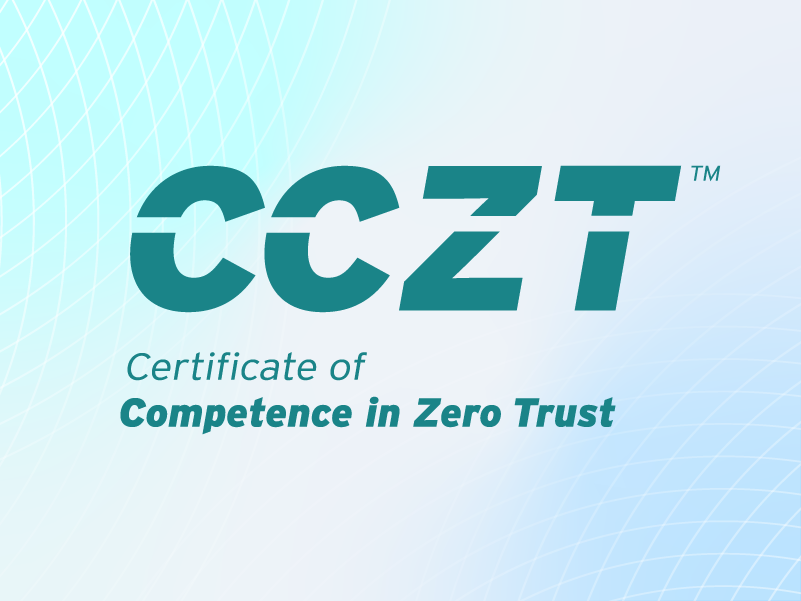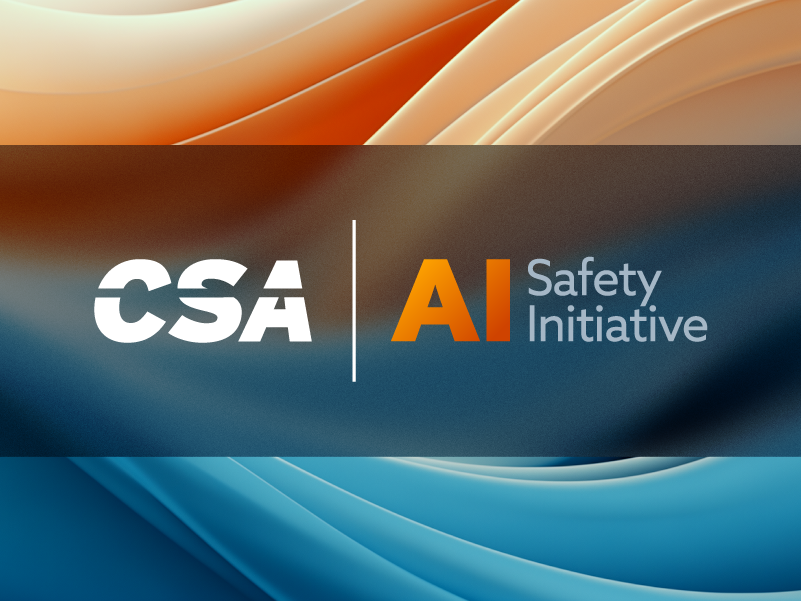The Human Element in AI-Enhanced SOCs
Published 06/10/2024
Written by Cetark.
In today’s cybersecurity landscape, Security Operations Centers (SOCs) are increasingly using Artificial Intelligence (AI) to boost their defenses. AI offers substantial benefits, like automating repetitive tasks and improving threat detection, but human expertise remains essential. SOC analysts play a crucial role in an AI-enhanced environment, interpreting AI outputs, making critical decisions, and ensuring continuous improvement.
.jpeg)
The Role of SOC Analysts in an AI-Enhanced Environment
Interpreting AI Outputs: AI systems process vast amounts of data to identify patterns or anomalies, but these AI-generated insights often require human interpretation. SOC analysts discern whether an alert is a true or false positive and understand the broader context of potential threats, ensuring appropriate and timely responses.
Decision Making: While AI can suggest actions, the final decision often rests with human analysts. Their experience and intuition are vital for making judgment calls during incidents, especially when dealing with sophisticated or novel threats that AI might not fully understand.
Continuous Improvement: Human analysts significantly contribute to improving AI systems. By providing feedback on AI performance, they help refine algorithms and enhance the accuracy of future threat detection and response mechanisms.
Skills Needed to Work Alongside AI
To effectively collaborate with AI, analysts must develop a unique skill set that combines traditional cybersecurity expertise with an understanding of AI technologies.
Technical Proficiency: Analysts need a solid foundation in cybersecurity fundamentals, including networks, systems, and threat landscapes. Additionally, they should understand how AI and machine learning algorithms work to interpret AI outputs accurately and troubleshoot issues effectively.
Analytical Skills: The ability to analyze complex data and identify patterns is crucial. Analysts must be adept at using AI tools to sift through large volumes of information and extract actionable insights, which will help them validate AI findings and make informed decisions.
Adaptability: The cybersecurity field is dynamic, and integrating AI requires analysts to be adaptable. They must stay updated on the latest AI developments and be willing to learn new tools and techniques, ensuring they can effectively leverage AI technologies to enhance their work.
Communication: Effective communication is essential for collaborating with team members and explaining AI-generated insights to non-technical stakeholders. Analysts must articulate the significance of threats and recommended actions clearly and concisely.
The Importance of Continuous Training and Upskilling
As AI technologies evolve, SOC analysts' skills must advance. Continuous training and upskilling ensure analysts remain proficient and effective in an AI-enhanced environment.
Training Programs: Organizations should invest in regular training programs to update analysts on the latest AI tools and techniques. These programs can include hands-on workshops, simulations, and courses covering cybersecurity fundamentals and AI-specific skills.
Certifications: Pursuing certifications in AI and cybersecurity can enhance an analyst’s credentials and expertise. Certifications provide structured learning paths and validate the skills needed to work effectively with AI technologies.
Knowledge Sharing: Encouraging a culture of knowledge sharing within the SOC helps analysts learn from each other’s experiences. Regular team meetings debriefs after incidents, and collaborative projects foster a learning environment where everyone can improve their skills.
Conclusion
While AI significantly enhances SOC capabilities, the human element remains crucial. SOC analysts must develop technical, analytical, and communication skills to work effectively alongside AI. Continuous training and upskilling are vital to ensure analysts can leverage AI technologies to their fullest potential, ultimately strengthening the organization’s cybersecurity posture. In the dynamic field of cybersecurity, the synergy between AI and human expertise is essential for defending against increasingly sophisticated threats.
Related Resources



Unlock Cloud Security Insights
Subscribe to our newsletter for the latest expert trends and updates
Related Articles:
The Great Divide: How AI Is Splitting the Cybersecurity Landscape
Published: 02/12/2026





.jpeg)
